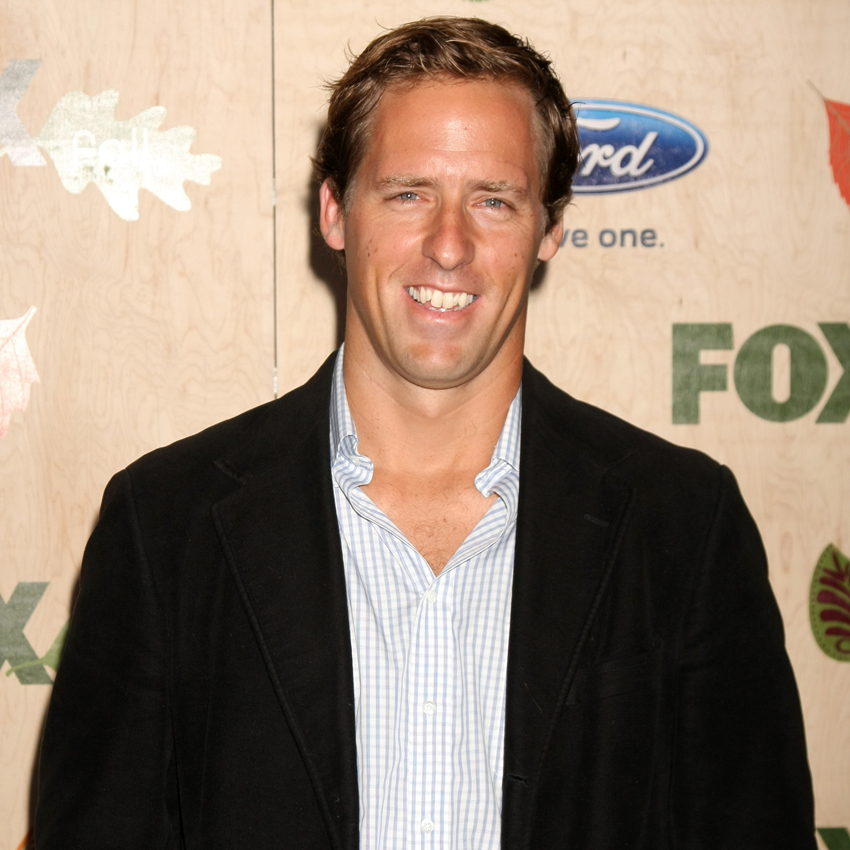Q&A: Nat Faxon, Oscar-Winning Screenwriter of The Descendants and The Way, Way Back

Photo by Helga Esteb / Shutterstock.com
So when someone asks where you’re from, do you say Manchester or Manchester-by-the-Sea?
It depends on who I’m talking to. If I’m talking to a big dude from, like, Revere or Dorchester, I’ll say I’m from Manchester, because I don’t want them to look at me like they want to beat the crap out of me. And if I’m talking to, maybe, someone from Beverly Farms, I’ll say, “Yes, I’m from Manchester-by-the-Sea.” But I never quite know myself.
After winning an Oscar, do you have to forget about it and move on, or is it sitting on a very prominent shelf in your house right now?
It is on a shelf in my house, and it is certainly wonderful to look at, but I think in this business you can’t rest on your laurels. Jim and I had the unbelievable experience of being able to work with Alexander Payne, but I think we also wanted to show people that we could succeed on our own.
This movie, The Way, Way Back, has been in the works for a while, right?
We wrote the script for it about eight years ago. It’s what got us a meeting with Alexander Payne and his production company when they had the rights to The Descendants. It almost got made on several occasions, but we always wanted to come back to it.
So that’s like the Hollywood circle of life: The script led to you doing The Descendants, which likely led to you getting to make the script.
Yeah, it certainly provided some momentum. I think that without The Descendants, we obviously would have had a harder time.
I saw a Wareham sign somewhere in the movie, but nobody ever refers to it being set there.
Jim and I both had experiences of going places for the summer, so it was important to us to have that feeling. And we didn’t necessarily want to be specific about location, but we also didn’t take great lengths to hide it. We looked at places like Wilmington, North Carolina, and Ocean City, Maryland, but the addition of Steve Carell sealed the deal in terms of location. They have a summer place in Marshfield.
I was going to ask if you had to promise Steve Carell that you were going to shoot next to his general store to drum up business. Was being close to home really how you got him?
It actually was. He was really interested and loved the script, but said, “I don’t want to leave my family for weeks, so I have to respectfully decline.” And then we wrote back with one last, final pitch and said, “What if we shot in your backyard?” And then we literally shot three doors down from his in-laws’ place in Green Harbor.
Maybe I was brainwashed as a kid by hearing Water Country ads every 10 seconds on the radio—
Water Country, Water Country, WATER COUNTRY! Have some fun! And also, Whalom Park, for a whale of a time! Whalom Park, you’ll have a good time! Those were the two that were forever ingrained in my memory.
Right! And because I was brainwashed, I had no idea there was another water park around.
I didn’t either. I grew up on the North Shore, but really never spent any time on the South Shore, so I never knew that Water Wizz existed. And then we went location scouting and found the park—I mean, it couldn’t have been more perfect. We wanted a place that wasn’t the size of a Six Flags, all big and corporate, and we also were hoping not to have to do a tiny little park.
You kept the park’s name the same in the movie. I can’t believe that there’s an actual water park that named itself Water Wizz with no sense of irony.
I know, I know, and I came to just love it for that fact. I’m not sure what the origin of the name is, but it served our movie well.
So did you have to shut the park down for a couple of days to shoot?
No, we didn’t shut it down because of limited resources financially. The owners allowed us to shut down a ride when we needed to, but all the people that were at the water park were mostly patrons that had nothing to do with the movie. If you look hard enough, I’m sure you’ll see some people looking right into the lens while they’re going down the lazy river on the tube, just waving to us.
After working on the movie so long, it must be surreal to actually see it.
It is. We hadn’t really screened it for anybody before Sundance, so when we got there, and it’s playing in a theater in front of 1,300 people—Jim and I were both about to throw up. You’re like, who knows, this could be horrible, and then we got a great response. It’s very emotional.


